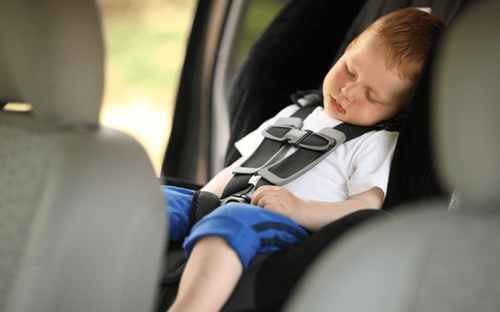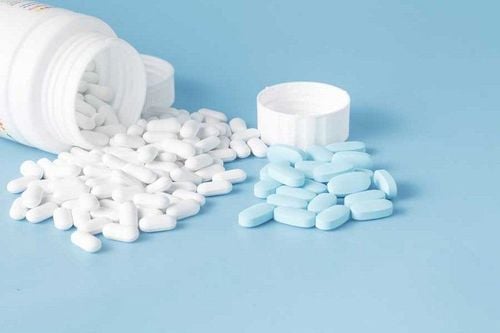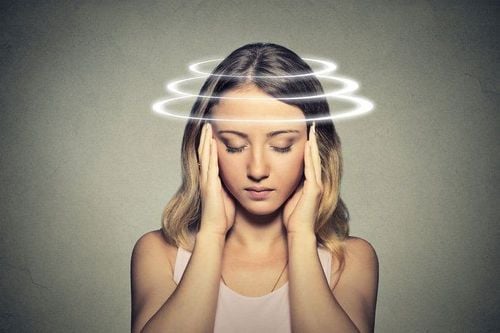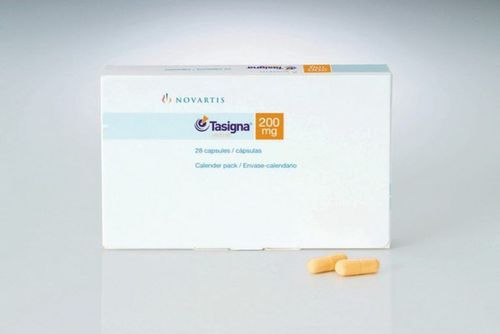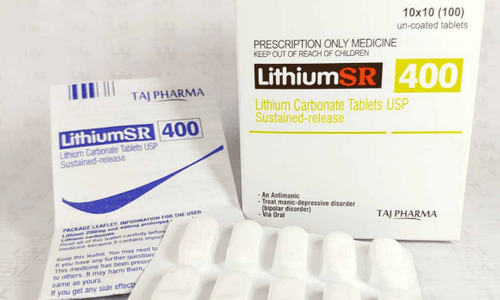This is an automatically translated article.
Many people experience dizziness before meals due to low blood sugar causing other symptoms such as dizziness or exhaustion, especially when feeling hungry. Dizziness after eating is less common, but it can also be caused by a medical condition or sensitivity to certain foods.
1. Causes of dizziness after eating
Some diseases are likely to cause dizziness after eating. However, sometimes just standing up suddenly after sitting for a long time can cause sudden changes in fluid volume and blood flow in the body, causing temporary dizziness.
1.1 Postprandial hypotension
Postprandial hypotension occurs because blood in the body rushes to the stomach and intestines to digest food, resulting in decreased blood flow to other parts of the body. Causes the heart rate to increase to pump blood to other parts of the body and blood vessels to constrict. Both of these factors can make people feel dizzy after eating. About a third of older women and men experience this condition. In addition to dizziness, a person with postprandial hypotension may have the following symptoms:
Angina Fainting Nausea Change in vision In rarer cases, postprandial hypotension can cause a sudden small stroke or so-called transient ischemic attack.
Currently, doctors have not found a cure for postprandial hypotension but dietary and lifestyle changes can help reduce the incidence.

Phần lớn các trường hợp chóng mặt là do hạ đường huyết
1.2 Hypoglycemia without diabetes (Nondiabetic hypoglycemia)
Hypoglycemia without diabetes is a rare condition that can cause dizziness after eating, due to a sudden drop in blood sugar. In addition, people with hypoglycemia but without diabetes may experience reactive hypoglycemia, with blood sugar levels falling instead of rising after eating.
Currently, doctors still do not fully understand the cause of this condition, but they suspect that food can cause the patient's body to secrete too much insulin, causing low blood sugar after eating. Insulin is a hormone responsible for lowering blood sugar levels by allowing glucose to enter cells, providing energy for cells to function. If the person has a very rapid drop in blood sugar (for example, in the case of hypoglycemia but not diabetes), dizziness will occur.
Symptoms associated with non-diabetic hypoglycemia include:
Confusion Dizziness Headache Feeling anxious Feeling very sleepy Feeling hungry Or irritable Body shaking Sweating About treatment Patients can be treated with surgery and medication. However, for cases that cannot be treated, patients can make dietary changes to prevent the risk of hypoglycemia. The doctor recommends that patients should regularly check their blood sugar after eating, in case blood sugar is low, the patient can add a snack.
1.3 Dizziness caused by diet (Dietary triggers)
Sometimes food can make people feel dizzy (temporary or chronic). For example, eating certain foods has been linked to migraines, and one of the symptoms of a migraine is dizziness.
Examples of foods that trigger migraines include:
Alcohol Chocolate Dairy products Foods containing MSG Fermented foods Nuts Drink caffeine-containing products such as coffee or Soda can also contribute to dizziness because sensitivity to caffeine varies from person to person.
Caffeine is a stimulant and increases heart rate. People with a history of heart problems and the elderly may not be able to tolerate these changes in heart rate, resulting in dizziness.
Some people with conditions such as vertigo or Meniere's disease, may also experience more severe dizziness after eating the foods listed above. In addition, foods with high salt content, alcohol and some other foods also trigger migraines.
2. When should you seek medical attention for dizziness after eating?
Call 911 or go to a medical facility immediately if you or a loved one has symptoms related to dizziness, such as:
Chest pain Confusion Changes in perception Besides, if dizziness occurs, it increases the risk of dizziness. falls and other accidents. Therefore, if you or a loved one have symptoms of dizziness after eating, you should see a doctor to find the cause and treat.
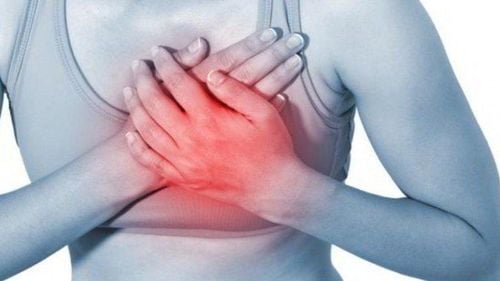
Nếu bạn thấy đau ngực kèo chóng mặt sau khi ăn hãy đi gặp bác sĩ ngay
3. Dizziness should eat what?
Treatments for dizziness after eating all depend on the cause of the dizziness. Therefore, patients need to go to a medical facility for a doctor to examine and diagnose before performing any treatment method.
For example, if you have low blood pressure after a meal (Postprandial hypotension), you can do some treatment as follows:
Choose foods that take a long time to digest such as cereals, fruits. and vegetables. Patients should limit foods high in sugar and refined carbohydrates (such as white bread, white rice and potatoes) because the body will digest these foods very quickly and increase the risk of hypotension after a meal. eat. Drink plenty of water, especially before meals. Drinking a glass or two of water can increase the volume of blood in the body and reduce the risk of low blood pressure. Eat small meals throughout the day. Because the body has to use a lot of energy and blood flow to digest a large meal, eating smaller meals will reduce dizziness after eating. In 1 hour after eating, you should sit up slowly and avoid sitting up suddenly, because this is the time when it is easy to get dizzy after eating. Avoid foods that cause dizziness such as caffeine, alcohol, and foods high in sodium. If your dizziness is caused by eating certain foods or having food allergies, you should avoid those foods. If you're not sure exactly which foods are causing your dizziness, talk to your doctor about an elimination diet to pinpoint the exact cause of the problem. Department of Examination and Internal Medicine - Vinmec International General Hospital operates with a specialized function in the examination and treatment of diseases related to the central nervous system (skull, meninges, brain, cerebral blood vessels). , nerves in the skull, pituitary gland, spine, discs, spinal cord) and the peripheral nervous system (the nerves and ganglia outside the brain and spinal cord).
Along with a team of leading doctors and professors with extensive experience in different fields, with dedication and love for the profession, the Department of Examination and Internal Medicine at Vinmec is always patient-centered, wants to bring the best medical care service to customers.
Please dial HOTLINE for more information or register for an appointment HERE. Download MyVinmec app to make appointments faster and to manage your bookings easily.
Article referenced source: healthline.com



